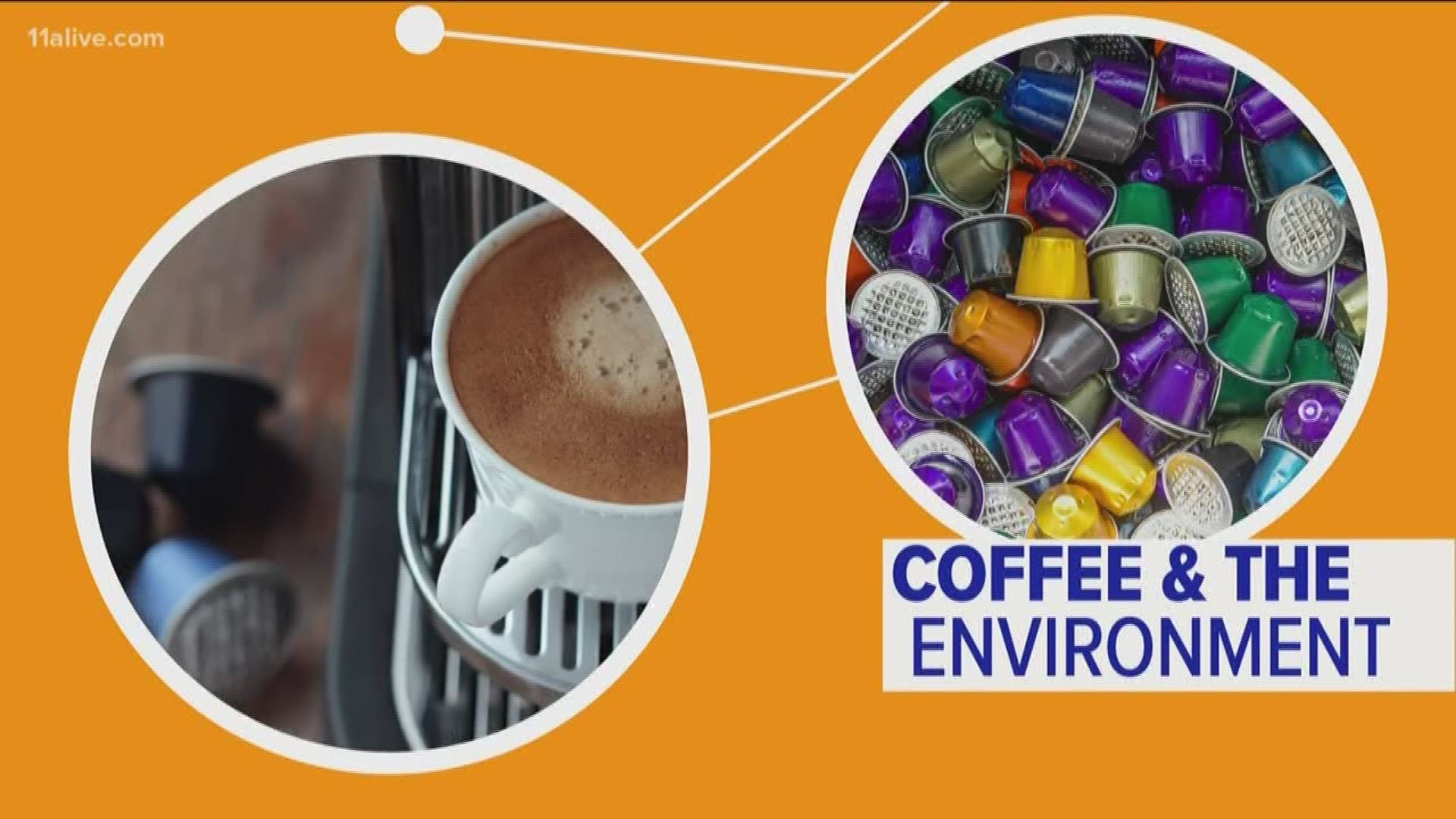VIRGINIA BEACH, Va. — Bottle caps and balloons are the most commonly found litter items on Virginia’s beaches, according to a report by the Virginia Aquarium & Marine Science Center.
Over four years, the Aquarium's researchers and trained volunteers conducted monthly surveys of four beaches:
- Chincoteague National Wildlife Refuge (Accomack County)
- Back Bay National Wildlife Refuge (Virginia Beach)
- Fisherman Island National Wildlife Refuge (Northampton County)
- Grandview Nature Preserve (Hampton)
The Aquarium worked closely with Clean Virginia Waterways of Longwood University to analyze the mountain of collected data.
The report was used to understand the scope of debris found in waterways along coastal Virginia. Crews found the hotspots where debris accumulates, and they filtered through to learn what items were typically found.
Over the four years of monitoring, a total of 15,276 pieces of debris were documented. From all of the debris, the vast majority -- 83 percent -- were made of plastic. Uninhabited Fisherman Island accounted for 55.5 percent of the total debris items – more than the other three sites combined.
Bottles caps topped the list at Back Bay and Fisherman; balloons at Chincoteague and building materials at Grandview. Cigarettes, food wrappers, bottles, bags, and plastic rope were also high on the list.
“The results were stunning,” said Laura McKay of the Virginia Coastal Zone Management Program which funded the research through grants from the National Oceanic and Atmospheric Administration (NOAA). “On these relatively inaccessible beaches, over 15,000 debris items were found in the four small survey areas that ranged from .2 to .4 acres.”
Volunteers contributed more than 2,100 hours to the project.
“Human-made debris in the world’s rivers, coastal waters and oceans is a fast-growing threat that is increasingly recognized as requiring urgent action,” said Katie Register of Clean Virginia Waterways of Longwood University, co-author of the report. “Marine debris has been shown to impact marine animals from the smallest zooplankton to the largest species – including whales. It also has negative impacts on critical habitat. In addition to ecosystem threats, larger marine debris items can impede navigation and this form of pollution has economic and societal costs.”
View the full report below:

